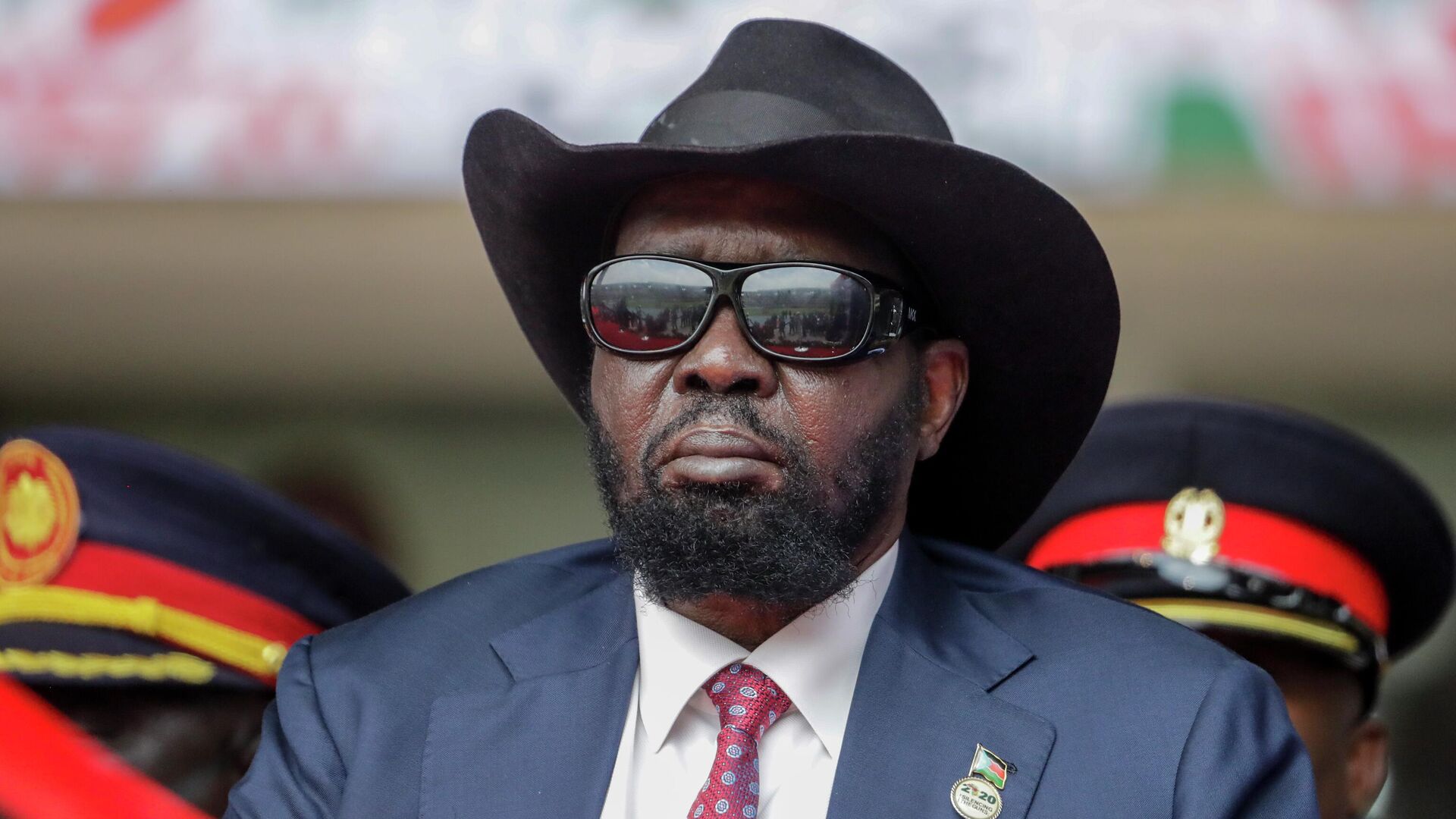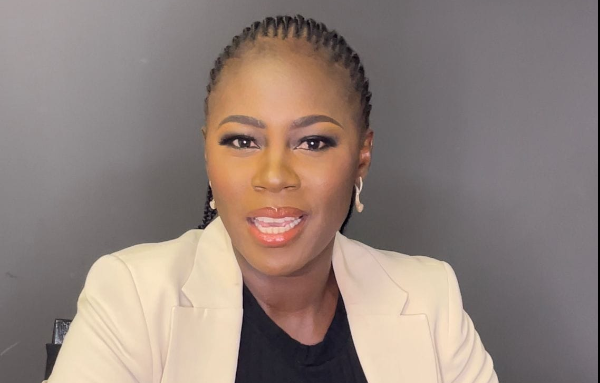The South Sudan government has announced the immediate suspension of social media platforms such as Facebook and TikTok, citing concerns over graphic content and public safety.
The National Communication Authority (NCA), the country’s telecom regulator, confirmed that the ban would take effect from Wednesday night and remain in place for up to three months.
According to the NCA, the decision was driven by the “recent upheaval in Sudan,” which has exposed South Sudanese citizens to distressing levels of violent and graphic content circulating on social media.
The authority specifically highlighted disturbing videos and images of attacks on South Sudanese citizens in Wad Medani, Sudan, as a major trigger for the move.
“The ban is aimed at curbing the spread of violent content, particularly videos depicting horrific attacks on women and children,” the NCA stated, referencing Sections 9(g)(i) and 34(6) of the National Communication Act of 2012 to support the decision.
However, the shutdown has drawn significant backlash from social media users, activists, and civil society groups, who have criticized the government for overstepping its authority and infringing on citizens’ rights.
Prominent activist Ter Manyang condemned the action, labeling it a violation of freedoms enshrined in South Sudan’s transitional constitution under Articles 24 and 25.
“MTN and Zain, the telecommunications providers in South Sudan, have been instructed by the NCA to block access to Facebook and TikTok for 90 days. This is a clear infringement on the rights of South Sudanese citizens,” Manyang said.
He further warned that the decision could damage the administration’s reputation and urged citizens to stand united against any future attempts to limit their freedoms.
“I call on all South Sudanese to resist this administration and any future governments that seek to suppress their right to access social media,” he added.
Edmund Yakani, another leading civil society advocate, also spoke out against the ban, calling it disproportionate and harmful.
He suggested that instead of implementing a blanket ban, the NCA should have targeted individual accounts responsible for spreading hate speech, disinformation, and graphic violence.
“The NCA should have directed telecom companies to block specific accounts disseminating harmful content rather than imposing a wholesale ban on Facebook and TikTok,” Yakani argued.
Yakani also highlighted the economic consequences of the ban, noting its potential to harm individuals and businesses that depend on social media for their livelihoods.
“Many people rely on these platforms for work and business. Shutting them down for 90 days will create serious hardships,” he stated. “The NCA needs to rethink this strategy and implement more precise measures to address the issue.”
He concluded by urging the government to focus on holding individuals or groups promoting violence accountable, rather than penalizing the broader population. “It is essential to prioritize targeted actions over blanket restrictions that negatively impact millions of citizens,” Yakani said.






